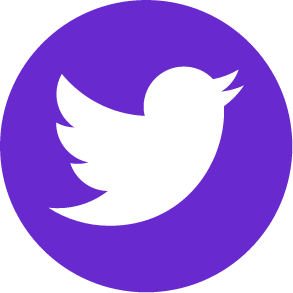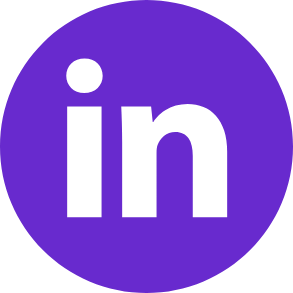Africa Day, celebrated annually on May 25, marks the formation of the Organization of African Unity (OAU) in 1963—an historic step toward collective liberation, continental collaboration, and economic growth. Today, known as the African Union (AU), this pan-African organization reflects the aspirations of African nations to chart their own path, free from colonial rule and systemic oppression.
But Africa Day isn’t only for the 1.4 billion people living on the continent—it’s a day of recognition and reconnection for the global African Diaspora.
Why Africa Day Matters to the African Diaspora
For the 200 million+ people of African descent in the Americas and beyond, Africa Day serves as both a celebration and a challenge. It invites us to reflect on our ancestral origins and actively participate in shaping our own cultural futures.
As it occurs during the second UN International Decade for People of African Descent (2025–2034), it is a global affirmation: the work of restoring dignity, access, and cultural sovereignty for us as members of a shared cultural lineage that transcends borders.
Much like Black History Month and Kwanzaa, Africa Day is marked on a calendar, but its principles—identity, unity, and cultural pride—are meant to be lived daily. Where Black History Month honors our accomplishments and Kwanzaa instills values like self-determination and cooperative economics, Africa Day completes the circle by drawing our attention back to the continent itself—the root of it all.
Deepening the Connection: African Ancestry and Purposeful Engagement
One of the most meaningful ways to commemorate Africa Day is to discover exactly where in Africa your lineage begins.
With a test from African Ancestry, you can trace your maternal or paternal line to a specific African country and ethnic group—something no other DNA company offers with the same level of cultural accuracy. More than just percentages, you receive a clear and empowering answer to the question: Where am I from?
But the journey doesn’t stop at discovery.
Once you know your ancestral country—be it Sierra Leone, Nigeria, Cameroon, or Senegal—take time to learn about its history, people, languages, and current challenges. Then ask yourself:
How can I use my skills and resources to make a meaningful impact?
Are you an educator? Consider supporting or volunteering with an educational nonprofit in your ancestral country.
A healthcare worker? Look into medical outreach or telehealth initiatives.
If you’re an entrepreneur, explore opportunities to mentor or invest in local African businesses or cooperatives.
Writers, artists, and tech professionals alike can find ways to uplift, collaborate, and amplify.
Africa is in you. Regardless of whether or not you know your roots, honor your heritage - reclaim it, explore it and use it to build a better future.




